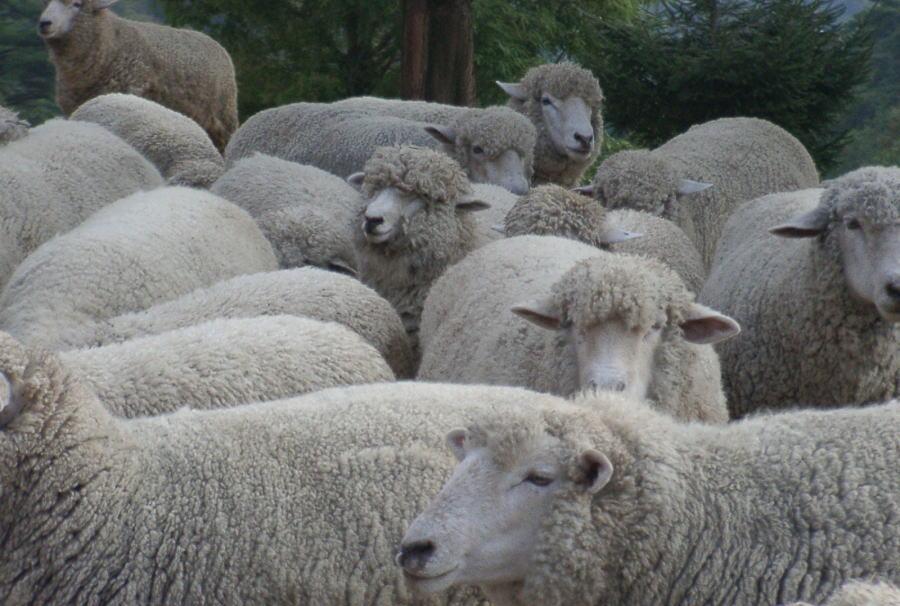How To Get Animal Movement Licence In London

In 2001, the United Kingdom faced a large scale Foot-and-Mouth disease outbreak among the livestock. The rampant spread of the disease and actions taken to curb its advancement led to the death of ten million animals, including sheep and cattle. It was estimated that the episode damaged the British livestock and tourism industry and caused losses of approximately eight billion pounds. In order to control such outbreaks from occurring again, the Department for Environment Food and Rural Affairs (Defra) put down restrictions on the movement of cattle, deer, goats, pigs or sheep. Any move that needs to take place requires an Animal Movement Licence from both Defra and the local authority. Owners should also be aware of the regulations that govern how to move their animals. In most cases when moving animals from one farm to the other, the regulations ask the owner to hold animals for several days to contain diseases. Most of these rules are also in place to slow down the spread of any unknown contagious disease.
Instructions
-
1
Animal Movement Licence Document
When moving animals, owners must get the Animal Movement Licence Document (AML) from their local authority. The best way to do this is to contact the local council directly. Every council has different rules and owners must be sure to clear all requirments before they get their licence. Click Here to find the right council for your area. -
2
Livestock identification
Before the movement takes place, all animals need to be identified. Some specific types of livestock, like cattle, may also require passports . This information is available here and is useful for figuring out the requirements for each type of livestock. -
3
Applying for the Licence
Each licence for different types of animals requires a seperate licence. See below for the details of each:
Sheep and Goat
Cattle
Pigs
Deer
To directly download the forms for the movement licence you can go to the Defra site.







